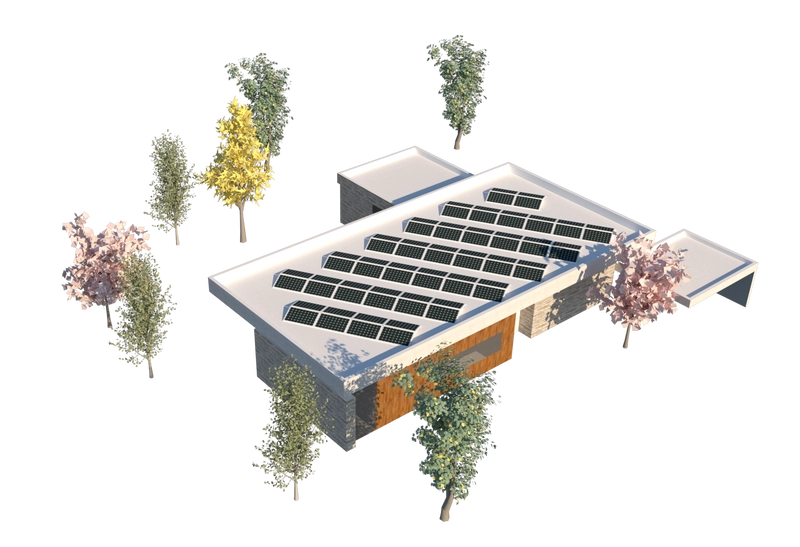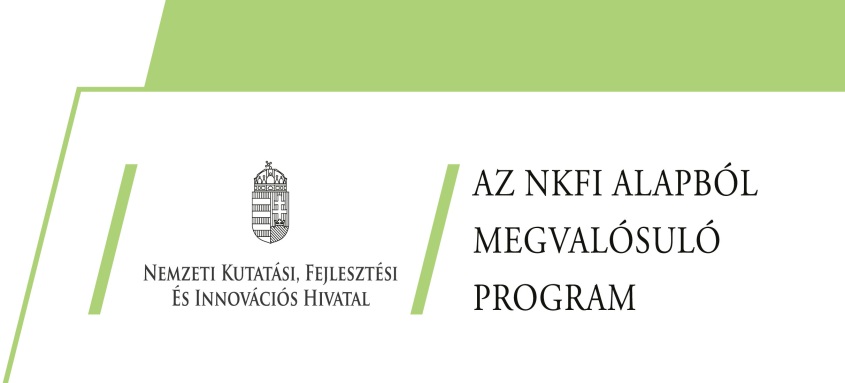Opportunity
In Israel there is a high demand on sustainable development and renewable energy due to high utility costs. The opportunity is to escape these high utility costs with improved energy efficiency and solar production facilities.
Challenges
We happened to face severe challenges as the climate of Israel is fundamentally different to those that Wattmanager has evaluated before, however our experts adapted to the high irradiance environment. The customer’s request was a fully solar powered building, which meant we had to reach 21,6 kWp by solar panels.
Solutions
First of all we had to measure which thermal insulation method can be applied and to check the profitability of each. Briefly about the so called U value: it measures the heat transmittance of an object, so that our aim was to lower the U value while comparing the investment cost to efficiency. To reach the preferred thermal insulation we advised low U value doors and windows. According to our calculations using concrete and polystyrene combination bricks will generate high cost, yet not promoting the efficiency at such rate, so we do not recommend this solution in case of the examined building . We advised Heating and cooling with heat pumps. In the manner of 3D dynamic simulation, applying 72 pieces of 300 Wp solar panel can create the desired 1538,15 kWh/kWp yield.

